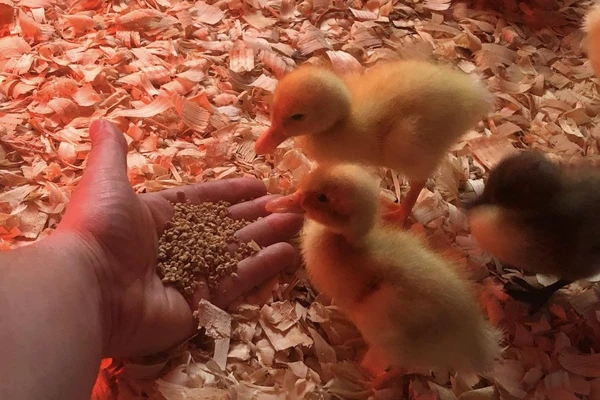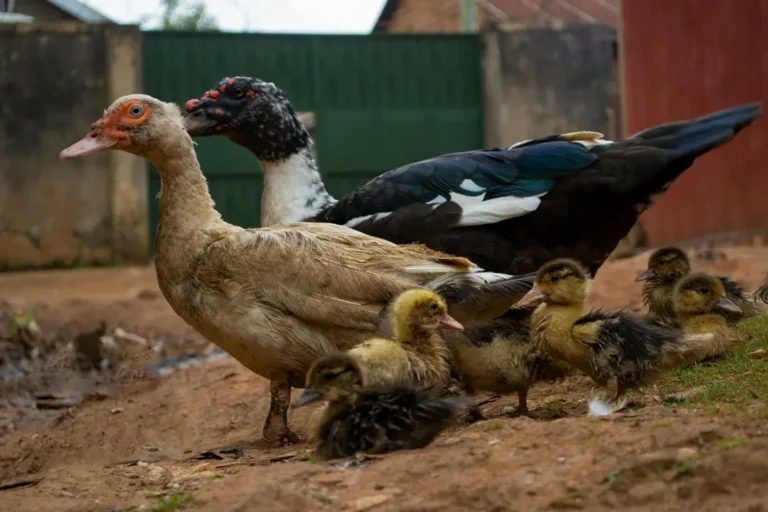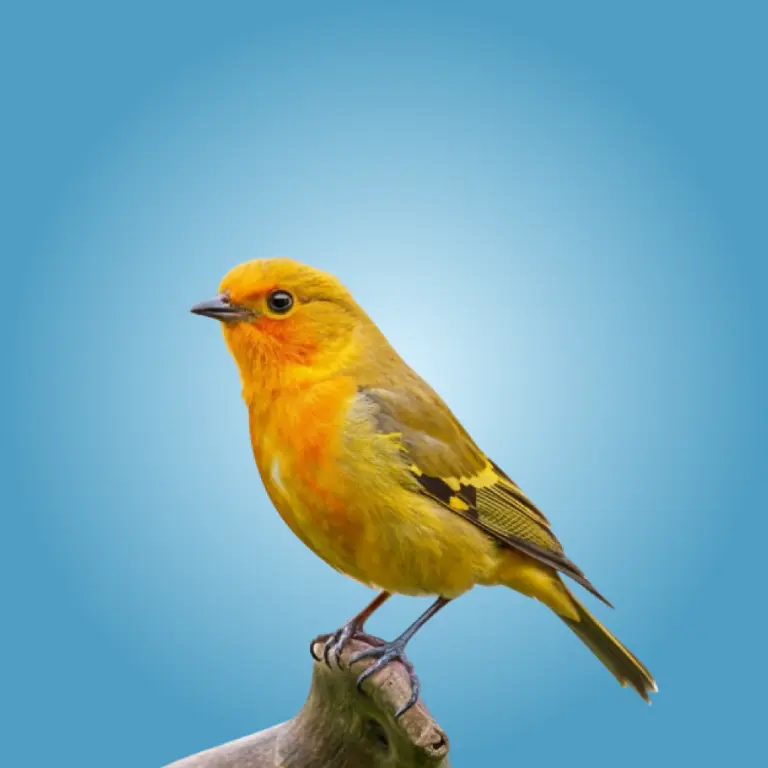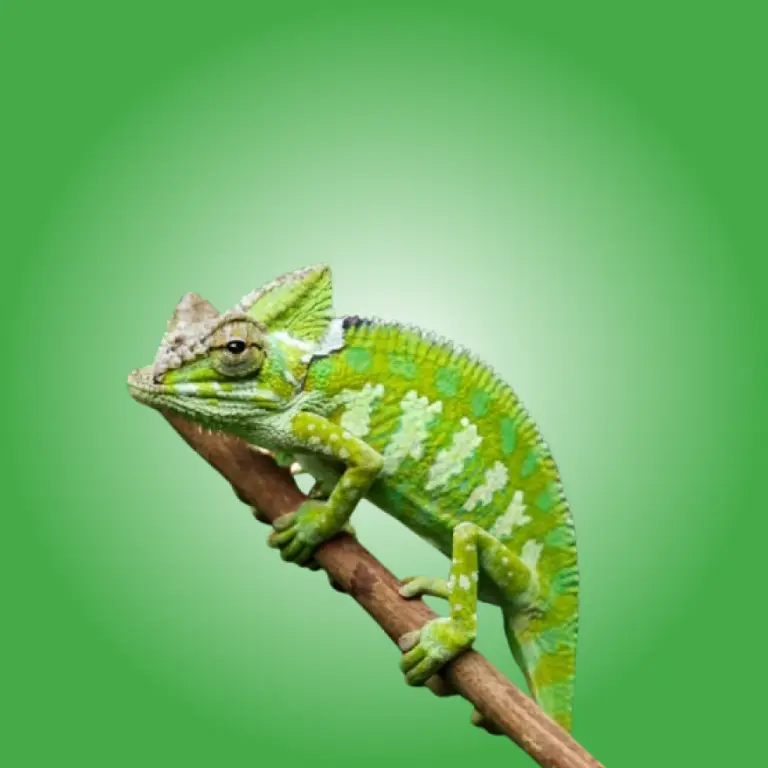first time duck owner or not.
the best foods for ducks have always gave me headache.
after some time , i found them and also how to serve them.
lets find out together so you dont have to go through the same pain as me.
Why Proper Nutrition Matters for Ducks and Ducklings
Did you know that a duck’s diet directly impacts its growth, energy levels, and even feather health? Ducks and ducklings have different nutritional needs because their bodies are at different stages of development. For instance, ducklings need more protein (around 20-22%) to support their rapid growth. On the other hand adult ducks require a diet with 16-18% protein to maintain their health and energy. Providing the right food for ducks and ducklings ensures they get the essential nutrients they need without harmful fillers or ingredients that could cause health issues.
Top Foods for Ducks and Ducklings
Here’s a breakdown of the best foods for ducks and ducklings based on their age and nutritional requirements:
Starter Feed for Ducklings
For the first 2-3 weeks of life, ducklings thrive on unmedicated chick starter feed with 20-22% protein. Be sure to choose unmedicated options since medicated feed designed for chicks can harm ducklings.
Pro tip: Sprinkle a small amount of brewer’s yeast on their food to add niacin, a nutrient essential for healthy bone development in ducks.

Grower Feed for Juvenile Ducks
After the first few weeks, ducklings can transition to grower feed with 16-18% protein. This feed supports their development without overloading them with excess protein, which can lead to angel wing (a condition that affects wing growth).
Layer Feed for Adult Ducks
Once ducks start laying eggs (around 20-24 weeks old), their nutritional needs change again. At this stage, they need layer feed, which is rich in calcium to support eggshell production.

Vegetables and Greens
Both ducks and ducklings love fresh veggies. Some great options include:
- Lettuce and spinach: Provide essential vitamins.
- Peas: High in protein and easy to eat.
- Chopped carrots: Rich in beta-carotene for healthy eyesight.
Pro tip: Always chop vegetables into small pieces for ducklings to prevent choking.
Grains and Seeds
Grains like oats, barley, and cracked corn are fantastic energy sources for adult ducks. Ducklings can also enjoy finely ground grains as they grow.

Live Protein (for treats)
In the wild, ducks eat insects, so offering live protein occasionally can mimic their natural diet. Some great options include:
- Mealworms
- Earthworms
- Crickets
- Duck Pellets
High-quality commercial duck pellets are an all-in-one option for providing the essential nutrients ducks need. They’re a convenient and balanced choice, particularly for adult ducks.
Foods to Avoid Feeding Ducks and Ducklings
Not all food is safe for ducks and ducklings. Here are some items you should never feed them:
- Bread: Bread offers little nutritional value and can cause malnutrition and obesity.
- Salty or Sugary Foods: Ducks cannot process excess salt or sugar, leading to health problems.
- Raw Beans: Contain toxins harmful to ducks.
- Avocado: Toxic to many birds, including ducks.
- Chocolate: Contains theobromine, which is deadly to ducks.

Feeding Ducks in the Wild
If you enjoy feeding ducks at a park or pond, it’s important to do so responsibly. Many people toss bread, but as we just covered, bread isn’t a good food for ducks and ducklings. Instead, bring healthy options like:
- Frozen peas (thawed)
- Corn kernels
- Cut-up leafy greens
Always feed ducks sparingly to avoid overfeeding and prevent uneaten food from polluting the water.
How Much Should Ducks and Ducklings Eat?
The amount of food your ducks need depends on their age and activity level:
- Ducklings: Feed them free-choice (as much as they want) during their first 8 weeks.
- Adult Ducks: About 4-6 ounces of feed per duck daily is sufficient for backyard ducks.
For wild ducks, remember that they supplement their diet with natural foods like insects and aquatic plants, so only offer small portions.

A Balanced Diet Keeps Ducks Happy
Providing the right food for ducks and ducklings isn’t just about nutrition—it’s about ensuring their long-term health and happiness. From starter feed for ducklings to layer pellets for egg-laying adults, offering age-appropriate foods is key.



















